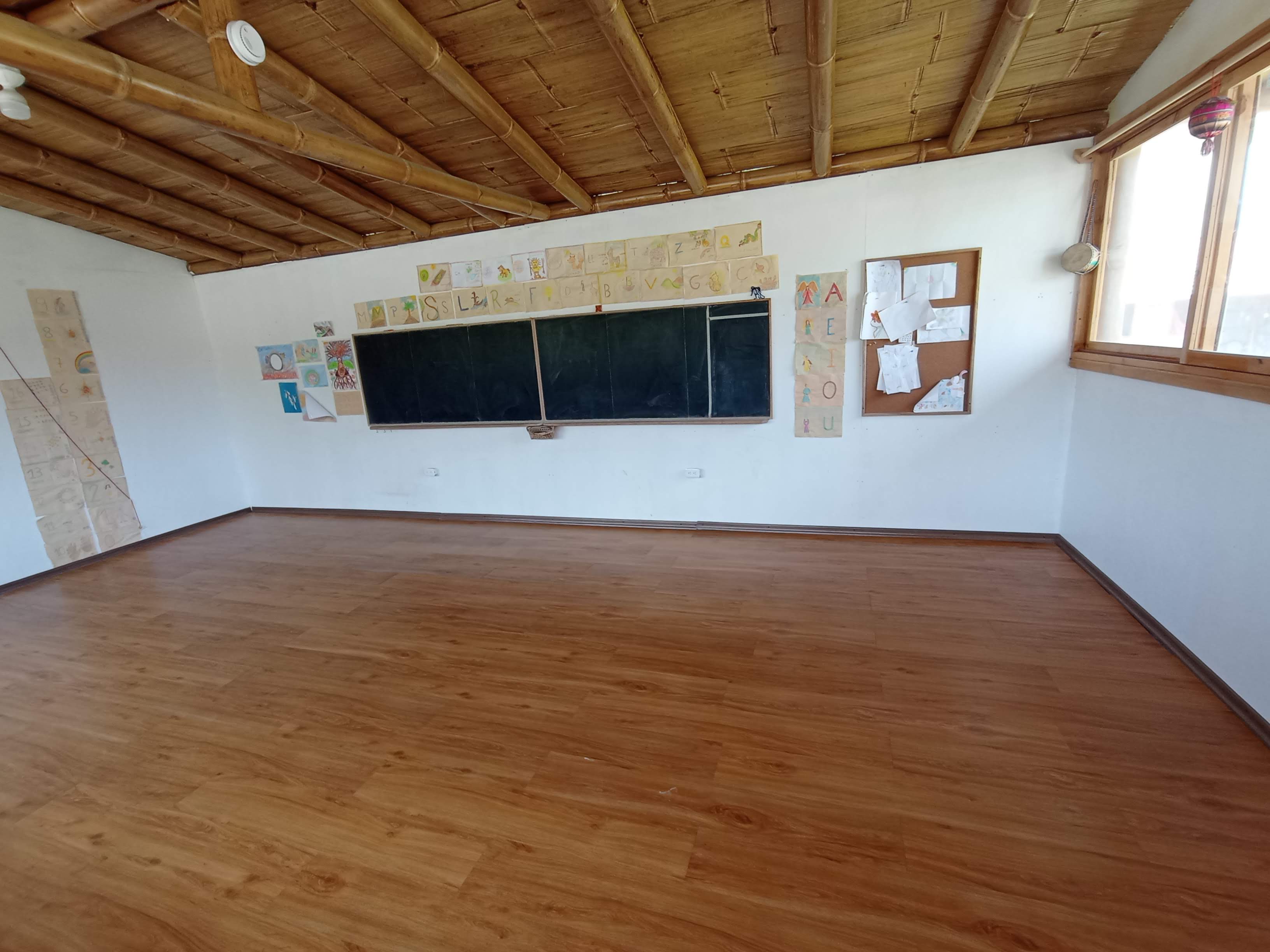@tarazkp wrote an interesting semi-rant about the reality that schools are facing these days, with loud and attention-seeking children getting the most support, and those who quietly do their work, stay behind their original potential. They’re averaged down.
That in a nutshell, please read the article, it’s well worth to read through a couple of times. I want to address a though experiment here, and hope to get some comments and maybe dissent thoughts on them.

As always, I don’t blame the kids, nor the teachers. That would be typically superficial, well received in our world, and totally useless. The educational system is a service provided by the government, a business or a non-profit to help children conceive conceptual knowledge about the world and prepare them for a productive role in society. It’s not a place to instill values in them, nor a place to create robots.
Yes, Utopia again.
Teachers can and must not teach values. They need to have their own values, of course, and be somewhat coherent as they are inevitably role-models of some kind. But the kids have to come to school with their values already in construction through behavior control by the parents. The parents must ensure that their children are able to receive the knowledge that the teachers want to pass on to them, and not only to them, but to others, too.
Attention!
Attention is a nice word here, let’s play with it. Attention is a metaphysical resource which is not endless, we talk about attention spans for a reason; it can deplete. The way we use our attentions is hence similar to how we use money. We prioritize, funnel the resource into the fields we deem most important, for whatever reason. On top, we also need to receive attention. How much, that depends a lot on how we value ourselves; the less self-value we give ourselves, the more attention we seek as a replacement.
It’s a currency.
The kids must be able to pay attention. For that, they need to have received attention prior. You can’t pay with something you don’t have. But if I look around, most parents do not pay the attention that children need, at least from what I can see. Not only because they’re incredibly busy at work, thanks to an increasingly demanding productivity system, but also because so many pay the attention they have to antisocial media, consuming and being consumed. And then there’s social life, the dedicated parent is not worth much if they’re not present at the gatherings (I experienced that myself and consequently was more aware of it in others).
No, no helicopter.
Paying attention doesn’t mean hovering over the child in any situation. Children let us know when they need attention, and we must address those needs and at the same time balance them with our own needs, so we can create mutual consideration. That is what is missing a lot in society in general, and in families, and obviously in schools.
Plants die both way.
If you water them too much, and if you don’t water them enough. But most plants, the average, are resilient enough to make their way through both kinds of stress, the drought and the flood. Proof is all around us. Children are similar, they’re incredibly resilient. Unfortunately, the age of superficiality also pushes towards an ages of extremes. It’s either too much or not enough. The balance does not get any attention.
Attention black holes.
If you, as an adult, do something consciously, you will have noticed that some tasks require more attention than others. Work, for example, usually is one of those. Raising children absolutely, if you want to do a good job. And there’s one part that is a back-door-black-hole for attention: Screens. Not only the high flickering rate aka FPS that stimulates our brain, but also the content. Even though we don’t pay attention actively, it drains us.
Won’t somebody please think of the children!
It affects them even worse. While paying attention to tasks like painting, writing, reading or manual art takes away part of their attention, it doesn’t deplete it. They learn how to manage it, as a side bonus. The screen does not. They turn into zombies. They don’t notice their limits, as the type of attention that a screen charges us is so widespread, most of it is unconscious.
The vicious cycle.
Parents depleted of attention are more prone to sit their offsprings in front of a screen. Instead of receiving attention, the kids now pay attention. Then they arrive at school, totally broke. And instead of being able to do their jobs, teachers are forced to pay their own attention to the broke ones.
Recognize a pattern?
Everybody would be better off if they didn’t have to do the parents’ job. The kids, the teachers, the society, the economy and even the parents – because paying attention to your child is rewarding. It’s profound. And though it is exhausting, it does not deplete in the same way that pursuing a superficial achievement does. Or reels.
Is is a though provoking topic, at least for me. Any feedback is welcome as always, new insights are valuable to me. Thank you for reading and paying attention 🙃